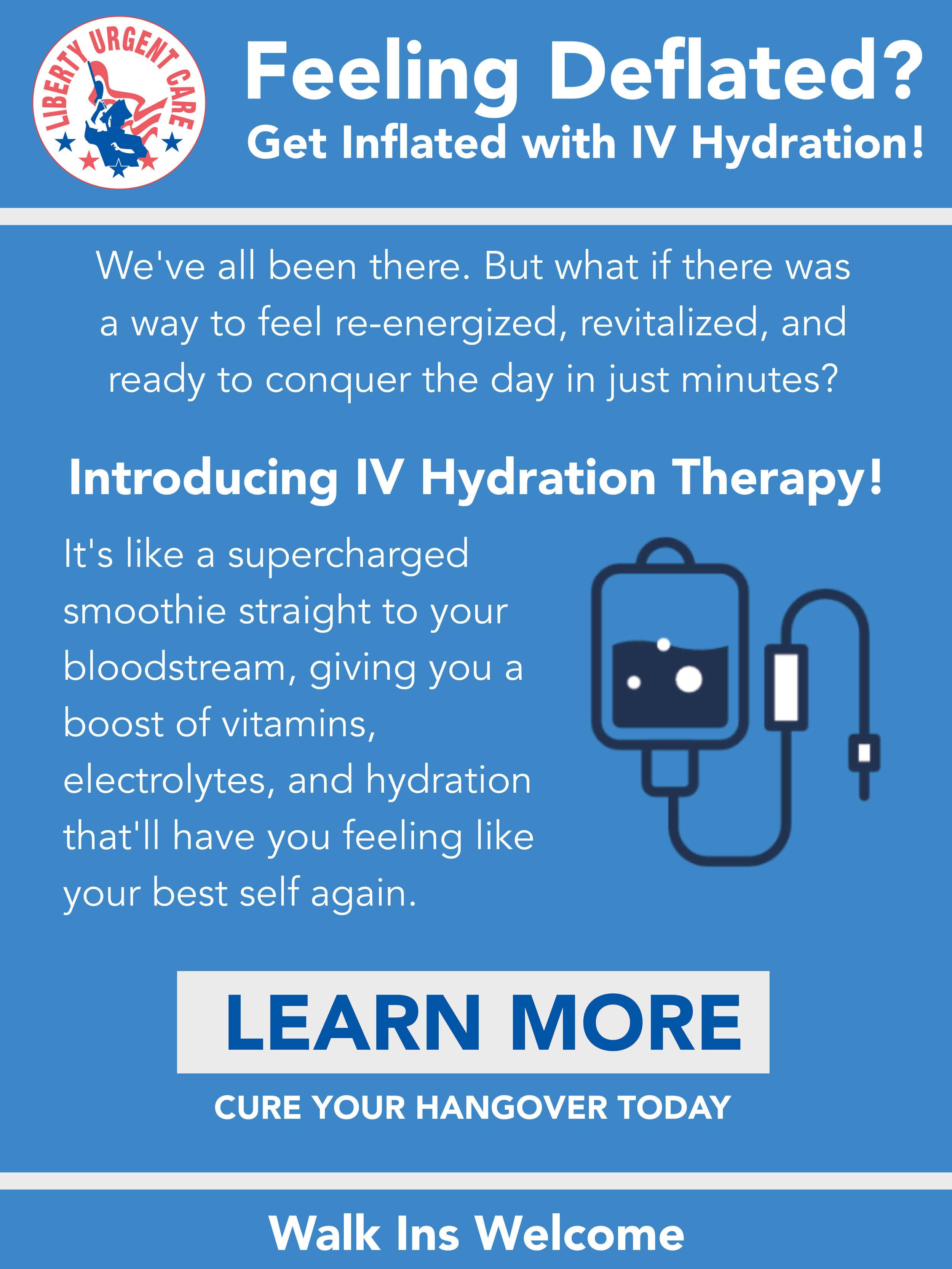Headaches are a common health issue that can have a huge impact on your daily life. While there is no surefire way to completely eliminate all types of headaches for everyone, understanding the causes and symptoms can help people manage the pain better.
Types of Headaches
Knowing what type of headache you have can help you figure out the underlying cause and get proper treatment. Here are some of the most common types of headaches:
Tension Headache
A tension headache is a common type of headache caused by muscle tension in the head, neck, and/or shoulders. Symptoms may include a dull ache or tightness around the head and neck, with occasional pain on one side.
Migraine Headache
A migraine headache is characterized by intense throbbing or pulsing sensations that can last from several hours to days at a time. It is often accompanied by nausea and sensitivity to light, sound, or smells.
Cluster Headache
Cluster headaches occur in clusters of attacks over several weeks to months at a time. They are characterized by severe unilateral (one-sided) pain located behind one eye or temple region that lasts for 15 minutes to three hours at a time and can recur several times a day.
Sinus Headache
A sinus headache is caused by inflammation and congestion of the sinuses due to infection or allergies. Symptoms may include pain in the forehead, cheeks, bridge of the nose, and behind the eyes; nasal congestion; runny nose; and increased pressure around the head and face.
Hormone Headache
Hormonal headaches occur in women due to shifting hormone levels during certain times such as pregnancy, perimenopause, or menopause. It has been associated with migraine attacks that are more severe than normal migraines but may also occur without migraine symptoms or have completely different characteristics such as localized pain on one side of the head rather than throbbing or pulsing.
Headache Treatment
While headaches can range from mildly uncomfortable to debilitating, there are several steps you can take to help reduce their intensity or duration:
- Avoid stress and stimulants such as caffeine: This can be beneficial in preventing headaches, as can getting enough rest and drinking plenty of water.
- Take over-the-counter (OTC) medications: Medications such as ibuprofen or acetaminophen may help reduce headache pain.
- Try hot or cold compresses: You may also want to try using cold or hot compresses on your head or neck; this can help relax tense muscles which can cause headaches.
- Exercise and relaxation techniques: Certain relaxation techniques like yoga, massage, and acupuncture may also be helpful in alleviating headache pain.
- Stay hydrated: Headaches are often triggered by dehydration. If you are prone to getting headaches, be sure to stay hydrated with non-caffeinated (and non-alcoholic) beverages.
If your headaches are severe or impact your daily life, or if you are unsure of what type of headaches you are having, it is important to talk with a healthcare professional. Liberty Urgent Care is here to diagnose and treat your headaches so you can get back to the activities you love. Walk in today or reserve a spot online.





